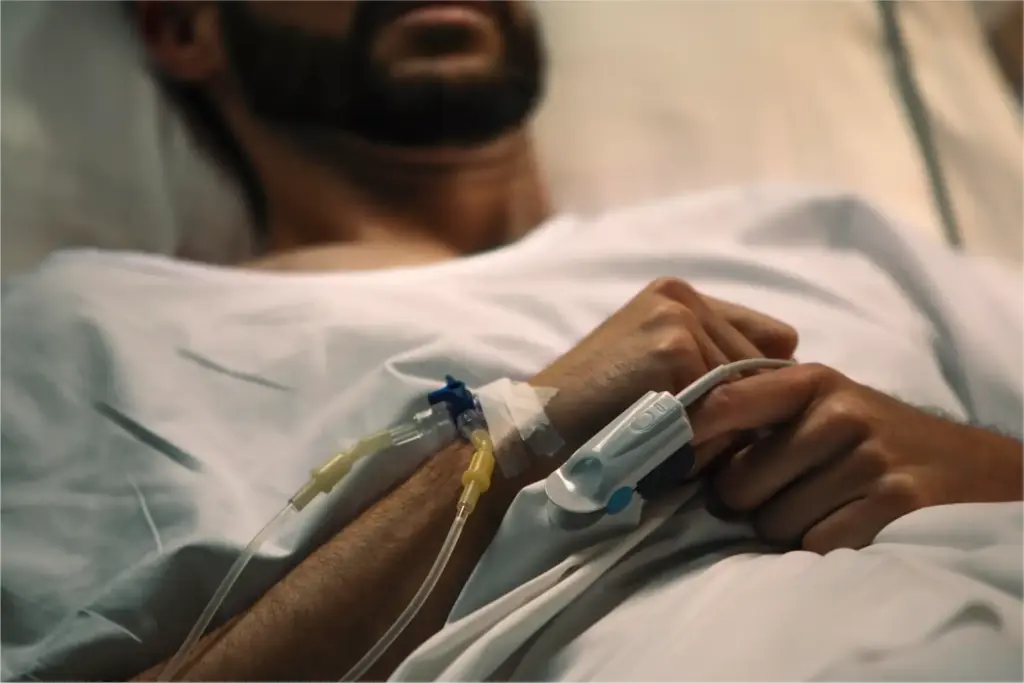
Brain-death training: Fewer than half of the 177 neurosurgeons, neurologists, and critical-care physicians surveyed reported receiving training in brain-death certification during their MBBS, according to a multi-institutional study led by AIIMS, New Delhi.
A recent study, published in a peer-reviewed journal, found that 37.3% of respondents reported there is no fixed curriculum for resident training in brainstem death certification (BDC), and only 10% reported regularly training residents. Notably, 22.6% said they never train residents in BDC or organ donation.
Also Read | India sets record with over 18,900 organ transplants in 2024: Nadda
BDC is a cornerstone of the deceased-donor organ donation pathway, enabling ethical and legal organ procurement. Despite its importance, the survey highlights uneven knowledge and practice. Nearly three-quarters of respondents worked in teaching hospitals (51.4% public, 24.9% private).
Participants identified low public awareness as the leading reason for India’s poor organ donation rates, with 62.1% citing family refusal. Additional barriers included lack of transplant facilities in parent hospitals (43.5%), clinician indifference to BDC in brain-dead patients (43.5%), and lack of confidence in declaring brain death (36.7%). Religious concerns were cited by 50.2% as a reason for refusal.
India’s deceased-donor organ donation rate remains about 0.7 per million population, far below Spain and the U.S. (˜40–50 pmp). The authors argue that inadequate physician training and inconsistent application of brain-death criteria contribute to missed donor identification and management. They call for policy changes to standardise BDC curricula and reinforce training, noting that clinicians with strong knowledge and positive attitudes improve consent rates and transplant outcomes.
The research team included clinicians from AIIMS Delhi; Christian Medical College, Vellore; Sree Chitra Tirunal Institute for Medical Sciences and Technology, Thiruvananthapuram; Madras Medical Mission Hospital, Chennai; and AOU Policlinico “G. Martino,” University of Messina, Italy. The authors conclude that closing BDC training gaps is essential to raising India’s organ donation rates and saving more lives.








